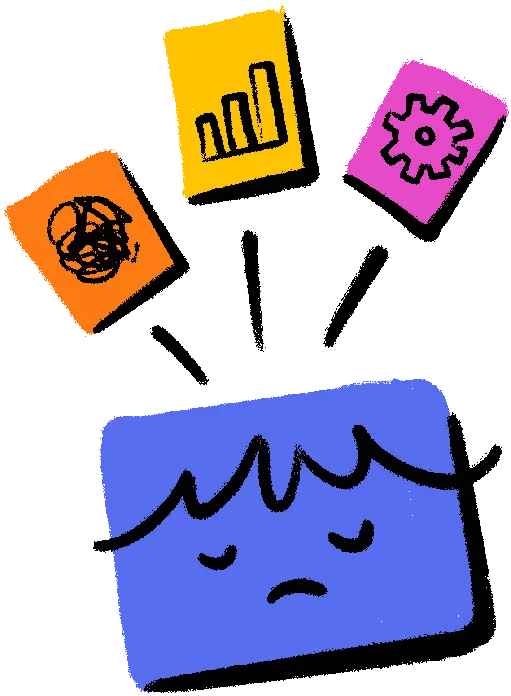The Executive Functions Domain includes a set of cognitive processes activated in the pre-frontal cortex. They are key to learning and to being able to handle everyday life and stresses well. They include:
Emotional Regulation Emotional regulation refers to the ability to manage and control one's emotional responses in varying situations. It utilises the capacity to recognise and understand emotions to modulate emotional reactions appropriately.
Thinking and Concentration Thinking and Concentration are cognitive processes that involve various Executive Functions such as working memory, attention control, and cognitive flexibility as well as aspects of Theory of Mind which includes the ability to understand and interpret the mental states of others, such as their beliefs, desires, and emotions.
Sense of Self A sense of self refers to a person's understanding of who they are and their place in the world. It encompasses various aspects of an individual, such as their personality, beliefs and values. Executive functioning and theory of mind play a crucial role in the development of a sense of self, as they enable individuals to perceive and interpret their environment and make sense of their experiences.
Relationship with others Relationship with Others is a, if not the key component of social and emotional development. This begins through the lower brain systems, particularly CARE and SEEKING prior to birth, and develops through the lifespan, building connections into the upper brain.
Emotional Literacy Emotional literacy refers to the ability to identify, understand, express, and regulate one's own emotions, as well as understand the emotions of others. It involves having a vocabulary of emotions, recognising how emotions can influence behaviour, and facilitates being able to manage emotions in a healthy way.
It is the combination of scores across Subdomains and Domains that influence the way that bespoke Programs of activity, advice and guidance are created.
Find Out More About How We View The Brain 